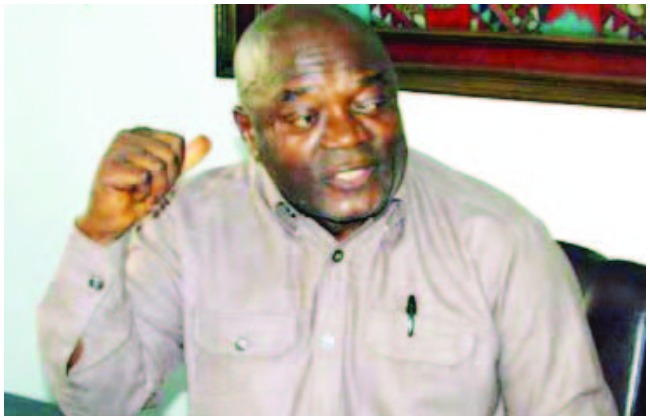Retired Colonel Tony Nyiam, a figure known for his involvement in a past coup attempt, has issued a stark warning about the precarious state of security in Nigeria. He argues that the nation is teetering on the brink of a Sudan-like catastrophe, drawing parallels between the current climate of insecurity in parts of northern Nigeria and the devastating conflict that ravaged Sudan under the rule of Omar al-Bashir. Nyiam’s concerns, voiced during a lecture on national security, centered on what he perceives as a deliberate policy of empowering certain groups to the detriment of others, mirroring the Sudanese government’s support of the Janjaweed militias against Black African communities. He contends that this policy, coupled with a colonial-era command structure within the military, creates a dangerous mix that could lead to widespread violence and displacement.
Nyiam’s analysis focuses on the alleged resettlement of Fulani pastoralists into indigenous Nigerian lands. He claims this initiative, enacted without the consent of the affected communities, bears an unsettling resemblance to the Sudanese government’s backing of the Janjaweed militias. These militias, largely composed of Arab tribesmen, were instrumental in the Darfur genocide, a campaign of ethnic cleansing that resulted in the deaths and displacement of hundreds of thousands of Black Sudanese. Nyiam warns that a similar pattern is unfolding in Nigeria, where state-sanctioned actions could potentially trigger widespread ethnic conflict. He believes the government’s approach fosters resentment and instability, creating an environment ripe for violence. This perceived policy, reminiscent of the Sudanese government’s actions in Darfur, is, in Nyiam’s view, a dangerous misstep with the potential to ignite widespread ethnic tensions.
Central to Nyiam’s argument is the structure of the Nigerian military, which he describes as a colonial relic. He criticizes the military’s hierarchical structure and its unwavering loyalty to the presidency, arguing that this dynamic undermines the institution’s responsibility to the Nigerian people. Nyiam believes this loyalty to the executive branch, rather than to the constitution and the citizenry, creates a breeding ground for authoritarianism. He asserts that this structure empowers the president to manipulate the security apparatus for personal or political gain, thus violating the constitutional principle of popular sovereignty – the idea that the ultimate authority resides with the people. He stresses that the military’s allegiance should be to the constitution and the people, not to any individual or political entity.
Nyiam further contends that the effectiveness of the military is not solely determined by its weaponry and equipment but also, and perhaps more importantly, by the quality of its leadership. He alludes to Alexander the Great’s famous dictum about the relative importance of a strong leader versus a strong army, questioning the leadership within the Nigerian armed forces. He suggests that a poorly led army, even one well-equipped, is ultimately vulnerable, while a well-led force, even if less equipped, can achieve significant victories. He implies that Nigeria’s military may be suffering from a leadership deficit, a critical vulnerability that could compromise its ability to effectively address the nation’s security challenges.
To remedy the situation, Nyiam proposes a radical restructuring of the Nigerian security apparatus. He advocates for a system designed by the people, through inclusive democratic processes, arguing that this is the only way to genuinely address the nation’s security woes. He believes that the people, not political appointees, should have the ultimate authority in determining the size, scope, and command structure of the armed forces. This bottom-up approach, in Nyiam’s view, would foster greater accountability and ensure that the military serves the interests of the people, not just the political elite. He emphasizes the need for a national conversation on security reform, driven by the citizens themselves, to create a security architecture that truly reflects the will and needs of the Nigerian people.
Nyiam’s call for a national summit on security reform serves as a final warning. He insists that the presidency must support a transparent and inclusive national dialogue on security, allowing for diverse voices and perspectives to contribute to the shaping of a new security framework. He believes this is a crucial step towards mitigating the risk of further escalating violence and instability. Failure to heed this warning, he argues, could plunge Nigeria deeper into crisis, potentially leading to a scenario mirroring the tragic events witnessed in Sudan. Nyiam’s message is clear: a comprehensive overhaul of the security sector, driven by the people and focused on accountability and constitutional adherence, is essential for safeguarding Nigeria’s future.


